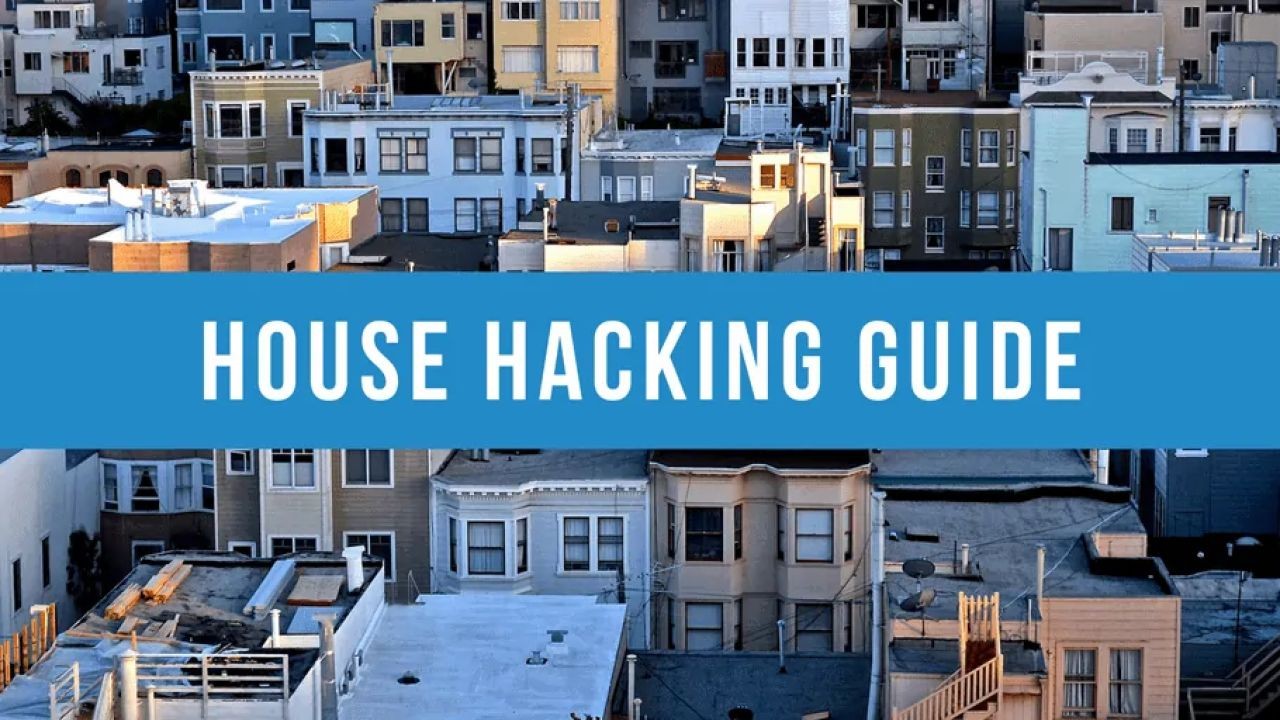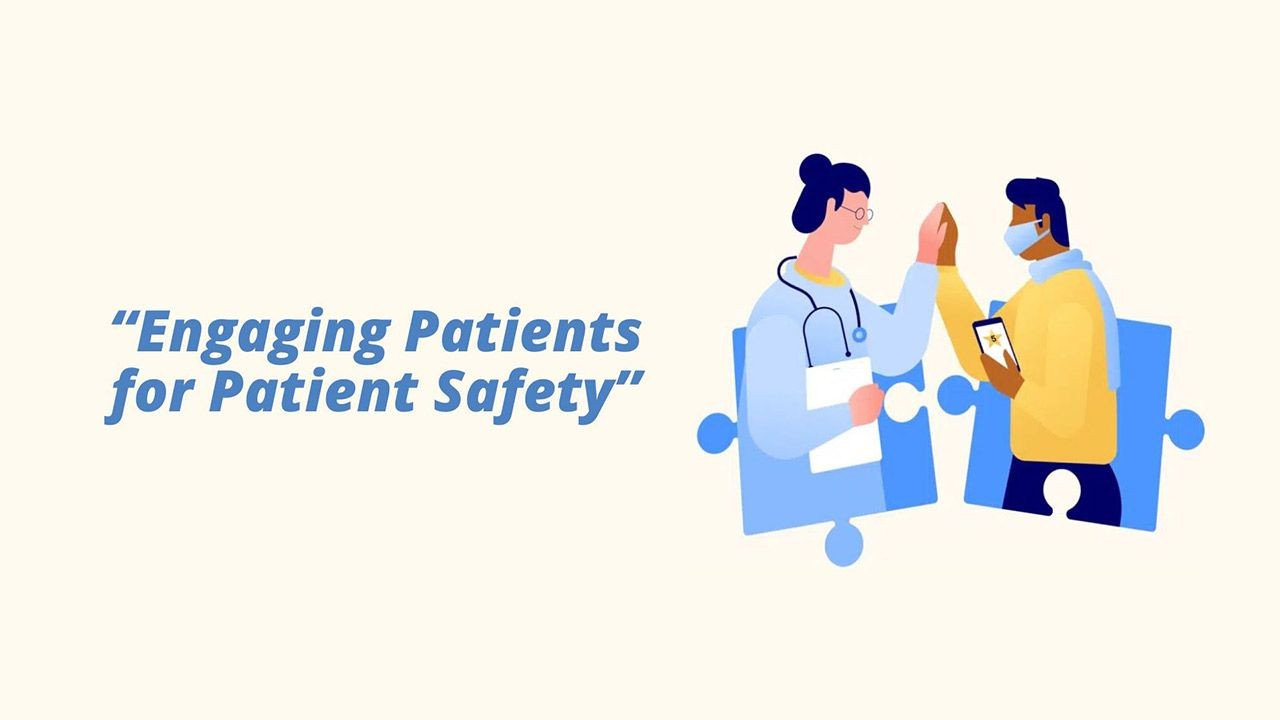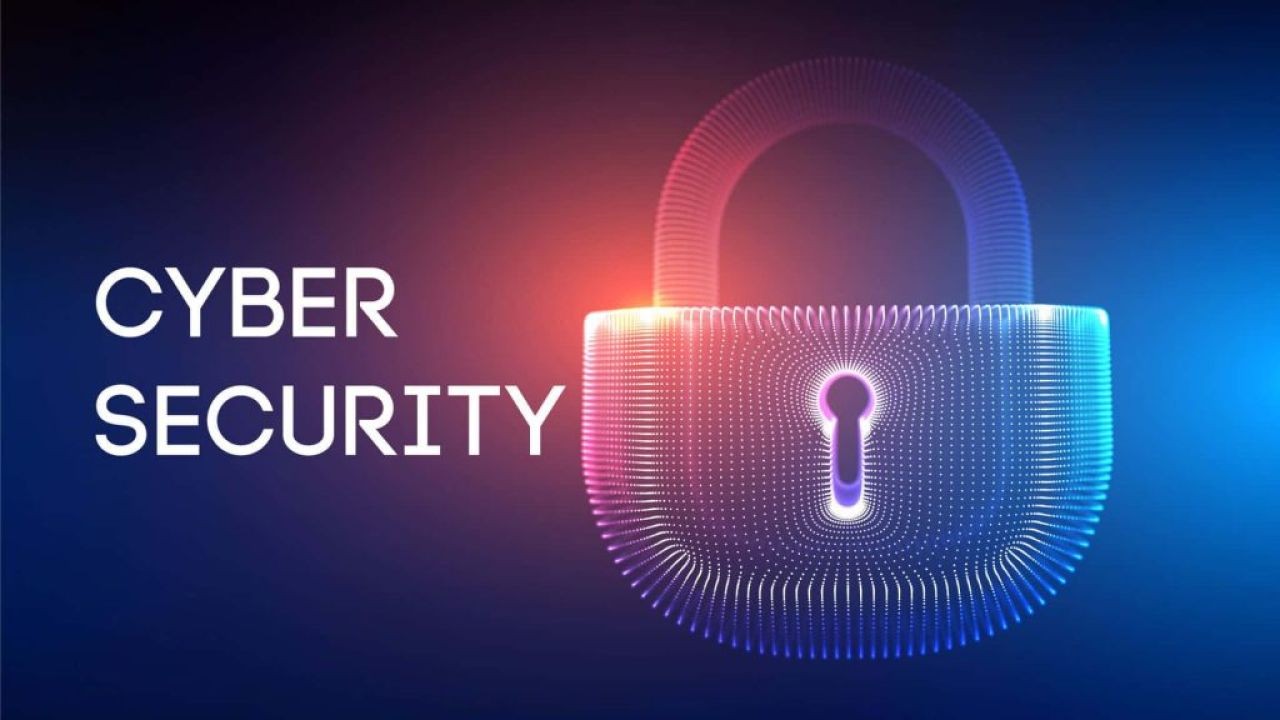In the heart of New Zealand's educational landscape lies a contentious debate: should the nation eliminate private schools to ensure equal access to quality education? The question isn't just about education; it's a reflection of socio-economic disparities, policy implications, and future workforce readiness. This discussion is particularly pertinent given New Zealand's commitment to egalitarian values, as reflected in its various public policies and social structures.
The Current State of Education in New Zealand
New Zealand boasts a blended education system, featuring a mix of public and private schools. Private institutions, while making up a smaller percentage, often claim superior resources, better facilities, and higher academic outcomes. According to a 2022 report by the Ministry of Education, approximately 4% of the student population attends private schools, which are known for their high tuition fees and exclusive access to resources.
Despite the advantages, private schools contribute to an educational divide. The 2023 Stats NZ report highlights that students from affluent backgrounds tend to achieve higher educational outcomes, exacerbating socio-economic disparities. This has sparked debate on whether these institutions should be abolished to promote equality.
Real-World Case Study: Finland's Education Model
Finland, a global leader in education, offers a relevant example for New Zealand. The Finnish system abolished private schools decades ago, providing all students access to the same quality of education. As a result, Finland consistently ranks at the top of global education indices. The Finnish model emphasizes equality, personalized learning, and teacher autonomy, which could offer insights for New Zealand policymakers.
While the New Zealand context differs, adopting elements of Finland's approach, such as equitable resource distribution and personalized learning, could help bridge the educational divide.
Pros and Cons of Eliminating Private Schools
✅ Pros:
- Equal Opportunities: All students would have access to the same quality of education, reducing socio-economic disparities.
- Resource Allocation: Public schools could receive more funding and resources, improving overall education quality.
- Social Cohesion: A unified education system fosters a sense of community and shared experiences among students.
❌ Cons:
- Loss of Choice: Parents and students would lose the ability to choose educational pathways that best suit their needs.
- Potential Overcrowding: Public schools may face overcrowding, impacting the quality of education.
- Transition Challenges: Shifting to a single system would require significant policy changes and investment.
Industry Insight: The Role of Public-Private Partnerships
Public-private partnerships (PPPs) could present a middle ground, allowing for resource sharing and collaborative strategies to improve education. PPPs can facilitate innovation in teaching methods and curricula, drawing from the strengths of both sectors. For instance, leveraging technology and digital tools from private institutions could enhance public school offerings, a strategy supported by the New Zealand Technology Industry Association.
Data-Driven Analysis
The Reserve Bank of New Zealand's 2023 report on education expenditure reveals that private school tuition fees have increased by an average of 5% annually over the past decade, further widening the accessibility gap. Conversely, public schools face budget constraints, limiting their ability to provide competitive resources and facilities.
Moreover, the New Zealand Education Review Office found that students from low-income families attending public schools had a 30% lower chance of achieving university entrance qualifications compared to their private school counterparts. This data underscores the need for systemic changes to ensure equitable educational outcomes.
Common Myths and Mistakes
Myth: "Private schools always offer better education than public schools." Reality: While private schools often have more resources, the quality of education largely depends on teaching quality and curriculum, which public schools can equally provide with adequate support.
Myth: "Eliminating private schools will solve all educational disparities." Reality: Addressing disparities requires comprehensive policy changes, including funding redistribution and curriculum reforms, beyond just closing private schools.
Controversial Take: The Future of Private Education in New Zealand
Some experts argue that rather than eliminating private schools, New Zealand should focus on integrating successful private school strategies into the public system. This approach could enhance educational outcomes across the board without compromising parental choice.
Looking ahead, blending public and private educational strategies could redefine the landscape, fostering an environment where all students have equal opportunities to succeed.
Final Takeaways
- New Zealand's education system faces challenges of inequality that need addressing through policy reform.
- Real-world examples like Finland offer valuable insights but require adaptation to the Kiwi context.
- Public-private partnerships and policy innovations could provide a balanced approach to education reform.
As New Zealand navigates the future of its education system, stakeholders must consider diverse perspectives to create a more equitable and effective educational environment. What are your thoughts on this complex issue? Share your insights and join the conversation!
People Also Ask (FAQ)
- How does eliminating private schools impact New Zealand's education system? Eliminating private schools could promote equality by providing all students access to the same resources and opportunities.
- What are the biggest misconceptions about private schools in New Zealand? One common myth is that private schools always offer superior education. However, public schools can provide comparable quality with adequate resources.
- What strategies can improve New Zealand's education system? Experts recommend integrating successful private school strategies into public schools and enhancing public-private partnerships.
Related Search Queries
- New Zealand education reform
- Pros and cons of private schools
- Public vs private schools in New Zealand
- Education inequality in New Zealand
- Future of education in New Zealand
































iladoolette367
8 months ago